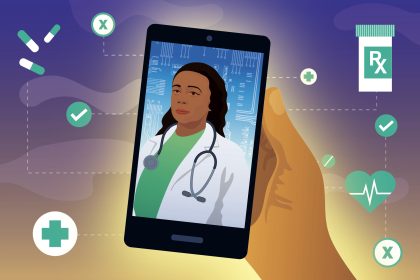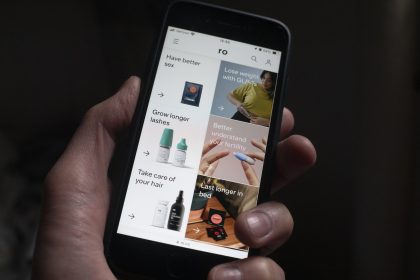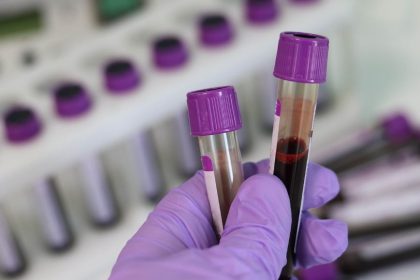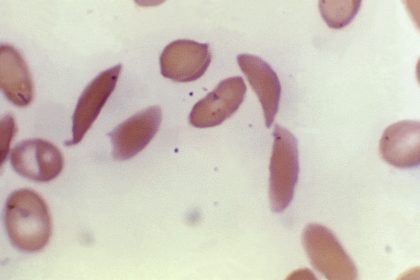Insider Q&A: Look for Telemedicine to Play a Growing Role in Your Regular Care
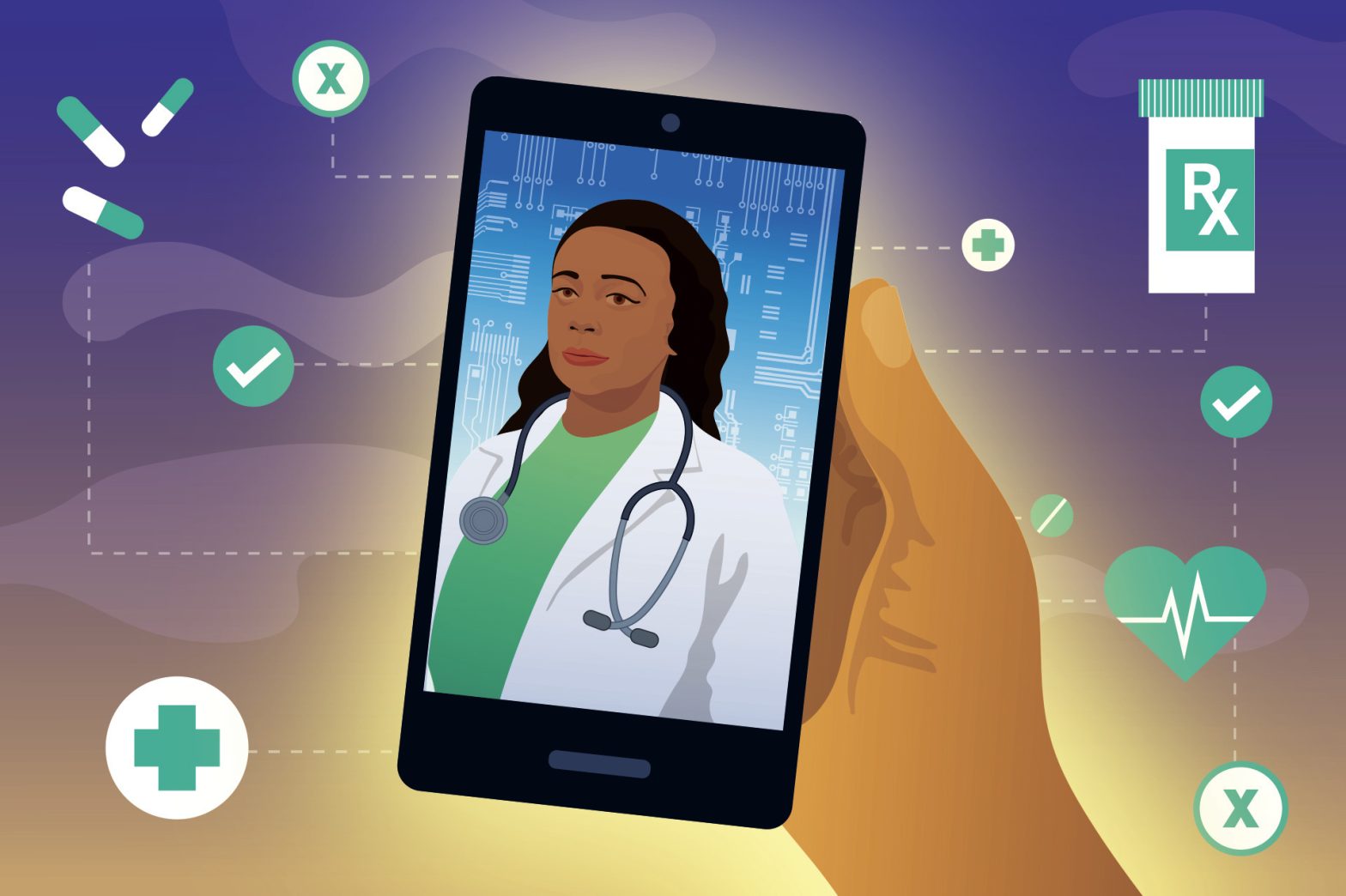
Telemedicine’s early days of handling mostly mild illnesses like sinus infections or pink eye are fading fast.
The frontier involves connecting patients more routinely with their regular doctors and using artificial intelligence to keep tabs on their health, according to Dr. Roy Schoenberg.
He’s seeing this develop as co-CEO of Amwell, a Boston-based company that provides telemedicine software and technology for health systems and insurers. The company works with more than 55 health plans and health systems representing over 2,000 hospitals.
Schoenberg spoke recently with The Associated Press. The conversation has been edited for clarity and length.Q: The COVID-19 pandemic pushed people into telemedicine. Did that lead to any permanent care delivery changes?
A: In a very profound way. We’re just beginning to unravel how deep the impact is. When people started buying books on Amazon, they didn’t notice that they were beginning to embrace online retail. We’re going through the same thing with telehealth. People have opened the door for getting care through technology.Q: What is some care patients seek in-person now that you expect will become largely virtual in the future?
A: Early generations of telehealth have really been about convenience … how a patient can quickly get a simple prescription or solve a problem with a sick child. The revolution that’s going on right now is where people are beginning to utilize these technologies to interact with their regular caretakers. These are regularly scheduled appointments. Patients with very difficult conditions like cancer and deep chronic conditions are becoming the frequent flyers of telehealth. That’s going to continue to evolve.Q: What’s the biggest way your technology uses artificial intelligence?
A: AI is not in any position to replace clinicians. However, these technologies can help check on a patient regularly. If you have a patient who was discharged from a hospital or has a chronic condition at home … we can check every day to see how they’re doing. If the patient is not doing well, (the technology) will have the smarts to escalate that patient right back in front of (a nurse or doctor). You get a text message that begins the interaction. It switches over to a secure platform, essentially an application on your phone.Q: You’re co-CEO with your brother Ido. How do you handle disagreements?
A: Ido is focused on business making. My heart is about developing technologies that solve big problems in care. We respect the fact that each of us has his own special skills. When disagreements arise … the right decision-maker is whoever really is proficient in that domain. We’ve been doing this for 30 years now.
___
The Associated Press Health and Science Department receives support from the Howard Hughes Medical Institute’s Science and Educational Media Group. The AP is solely responsible for all content.

















